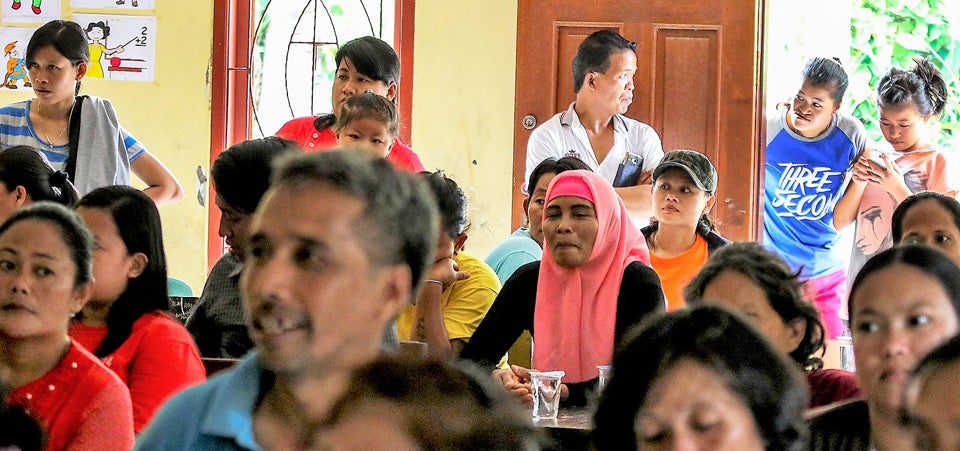UN Women promotes a comprehensive and people-centred approach to create an environment where women can seek remedies without fear of negative consequences

A people-centred justice approach to address the justice needs specific to women is one that takes women’s needs and experiences into consideration to not only implement their human rights but also improve the justice journey to effectively establish equality protection under the law. Justice for women and gender equality more broadly are critically linked. Where women enjoy more equality protection under the law, greater progress was also made in closing gender gaps in economic opportunity and outcome[1].
Restrictive social norms often prevent women from utilizing available pathways to seek justice. The partners of the Women’s Access to Justice project share the common goal of creating an enabling environment for women to realize their rights through meaningful access to justice, an environment that is gender-responsive, affordable, comprehensible and without fear of negative consequences.
Globally, 4.5 billion people are excluded from the social, economic and political opportunities that the law provides[2]. Women have roughly the same number of unmet justice needs as men, but the nature of these needs reflect women’s experience of disadvantage, exclusion, discrimination, and violence[3]. This is further aggravated for marginalized groups who face a host of intersecting factors –members of indigenous, disabled, LGBTQ+ communities and others. Gender-specific barriers, like biases in justice institutions, social stigma, psychological trauma of bringing claims, and lack of gender-sensitive procedures, all mean that knowledge alone of rights and laws is often insufficient in helping women to address their justice needs. With more data becoming available about how justice is dispensed in the world and how people perceive their ability to get justice, we are improving our understanding of how the service provided by justice systems could be more responsive to the justice needs specific to women.
The “Enhancing Access to Justice for Women in Asia and the Pacific: Bridging the gap between formal and informal systems through women’s empowerment” project aims to make justice accessible for women by strengthening the formal justice system and creating an enabling environment for justice seekers by working with civil society organizations, women human rights defenders, and community-based justice mechanisms as well as initiating regional, national and community dialogues.
Justice for women goes beyond the claiming of individual rights. It is more encompassing, including women’s full participation in shaping systems and in creating social change to address global challenges such as tackling climate justice, addressing human rights issues, and resolving the ethical dilemmas posed by technological progress or those relating to advances in behavioural science, to name but a few.